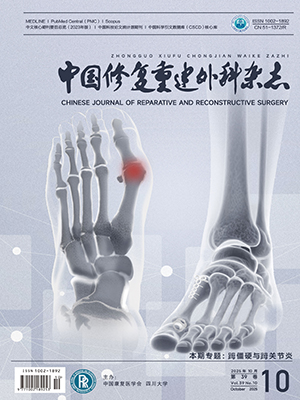Objective To study the influence of transforming growth factor-β1(TGF-β1), dentin non-collagen proteins(dNCPs) and their complexon tissue engineering pulp system. Methods Collagen I and dentin powder were used to construct the system of pulp cells in 3dimensional culture, dentin powder was added in the gel. The tissue engineering pulp were divided TGF-β1 group, dNCPs group, TGF-β1/dNCPsgroup and control group.After3, 6 and 14 days, the appearance and the differentiation of pulp cells were observed by HE staining and immunohistochemical staining -respectively. Results Collagen I could form netted collagen gel construction. Growing condition of pulp cells in gel was similar to that of pulp cells in vivo. After the TGF-β1 and dNCPswere added, the pulp cells had some characteristics of odontoblasts and had unilateral cell process after culture 6 days. Pulp cells arranged with parallel columnar and form dentin-pulp-like complex after 14 days. Immunohistochemical staining showed dentin salivary protein(DSP) began to express in some cells.The number of positive cell was most in the TGF-β1 group. No positive cells were detected in the control group. Conclusion The transforming growth factor-β1 and noncollagen proteins can stimulate the pulp cells to transform into odontoblasts to some extent, which promote the formation of tissue engineering pulp.
Citation: NIE Xin,JIN Yan,ZHANG Chunyan,et al.. INDUCTION OF TRANSFORMING GROWTH FACTOR-β1 AND DENTIN NON-COLLAGENPROTEINS ON TISSUE ENGINEERING PULP. Chinese Journal of Reparative and Reconstructive Surgery, 2004, 18(2): 115-118. doi: Copy
Copyright © the editorial department of Chinese Journal of Reparative and Reconstructive Surgery of West China Medical Publisher. All rights reserved




